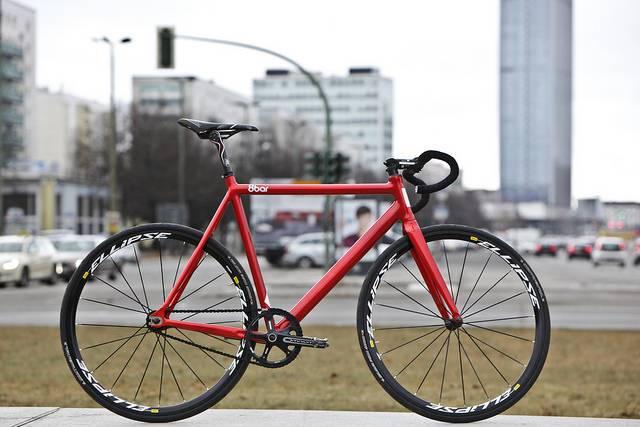
As far as the world’s smart cities go, Berlin can hold its own. Solar rooftop installations comprise a healthy business – despite a temporary moratorium last year – and urban farming thrives in Germany’s capital. City leaders are quick to tout their efforts to streamline bureaucracy and make government more responsible to citizens’ needs. The city has also committed to smarter office buildings and homes where citizens working within its burgeoning technology sector can live and work.
But Berlin’s cultural offerings, nightlife and relatively cheap cost of living compared to other large European cities have exacted a toll on the city of 3.5 million. Its population is projected to reach 4 million within a decade, which will cause further spikes in rent and home prices while increasing traffic congestion.
Enter Berlin’s transportation secretary, Jens-Holger Kirchner. In an interview last month with the German daily Der Tagesspiegel, Kirchner bluntly gave his opinion of cars: “Whoever drives a car in Berlin has too much time,” he said, and he sees better city planning, with an emphasis on bicycling, as key to alleviate Berlin’s traffic.
A member of Germany’s Green Party, Kirchner is determined to use his clout as head of Berlin’s newly formed Department for the Environment, Transport and Climate Protection to pursue his agenda. In his view, if automobile manufacturers cannot or will not make their cars run cleaner, Berlin will simply see fewer of them on the city’s streets.
By many metrics, Berlin’s transportation system is less carbon-intensive when compared to many global cities of a similar population. According to a recent London School of Economics study, almost 40 percent of Berliners take some form of public transportation to work, while just over a third rely on their own cars. Walking and cycling both make up 14 percent of city residents’ mode of commuting. Furthermore, car ownership is on a slight decline, with 3.6 percent fewer cars in 2013 than 2010.
But those statistics do seem to not satisfy Kirchner. Claiming that he is a “multimodal” commuter himself – relying on a city-issued hybrid vehicle, walking, cycling and public transport in order to move around town -- Kirchner says even more improvements can be made to reduce the city’s congestion. His vision is to boost bicycle commuting by up to 50 percent, which would perch Berlin alongside what many describe as the world’s cycling capital, Copenhagen.
Kirchner’s drive to boost cycling across Berlin is not only about the environment, but also about public safety. To that end, he supported a project that seeks to use electric bicycles for that “last mile” of deliveries within the city. His department will also oversee the launch of a new citywide bicycling-sharing system, which will compete with a another bike-sharing program largely funded by a Lidl, the $90 billion German-owned global discount supermarket chain.
Meanwhile, Berlin citizens are taking matters into their own hands. In late 2015, cycling advocates launched a petition drive to put an aggressive set of laws they say will boost bicycle ownership and commuting to a citywide vote. Supporters say such a plan would also help the city meet its carbon reduction targets, on which Berlin keeps falling short.
City leaders, however, say Berlin’s infrastructure is more “complicated” than what this referendum aims to achieve.
Kirchner has not explicitly said whether he supports that effort, but if he has his way, bicycles will become an even more common sight across Berlin.
Image credit: 8bar Bikes/Flickr

Leon Kaye has written for 3p since 2010 and become executive editor in 2018. His previous work includes writing for the Guardian as well as other online and print publications. In addition, he's worked in sales executive roles within technology and financial research companies, as well as for a public relations firm, for which he consulted with one of the globe’s leading sustainability initiatives. Currently living in Central California, he’s traveled to 70-plus countries and has lived and worked in South Korea, the United Arab Emirates and Uruguay.
Leon’s an alum of Fresno State, the University of Maryland, Baltimore County and the University of Southern California's Marshall Business School. He enjoys traveling abroad as well as exploring California’s Central Coast and the Sierra Nevadas.














